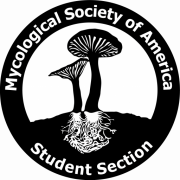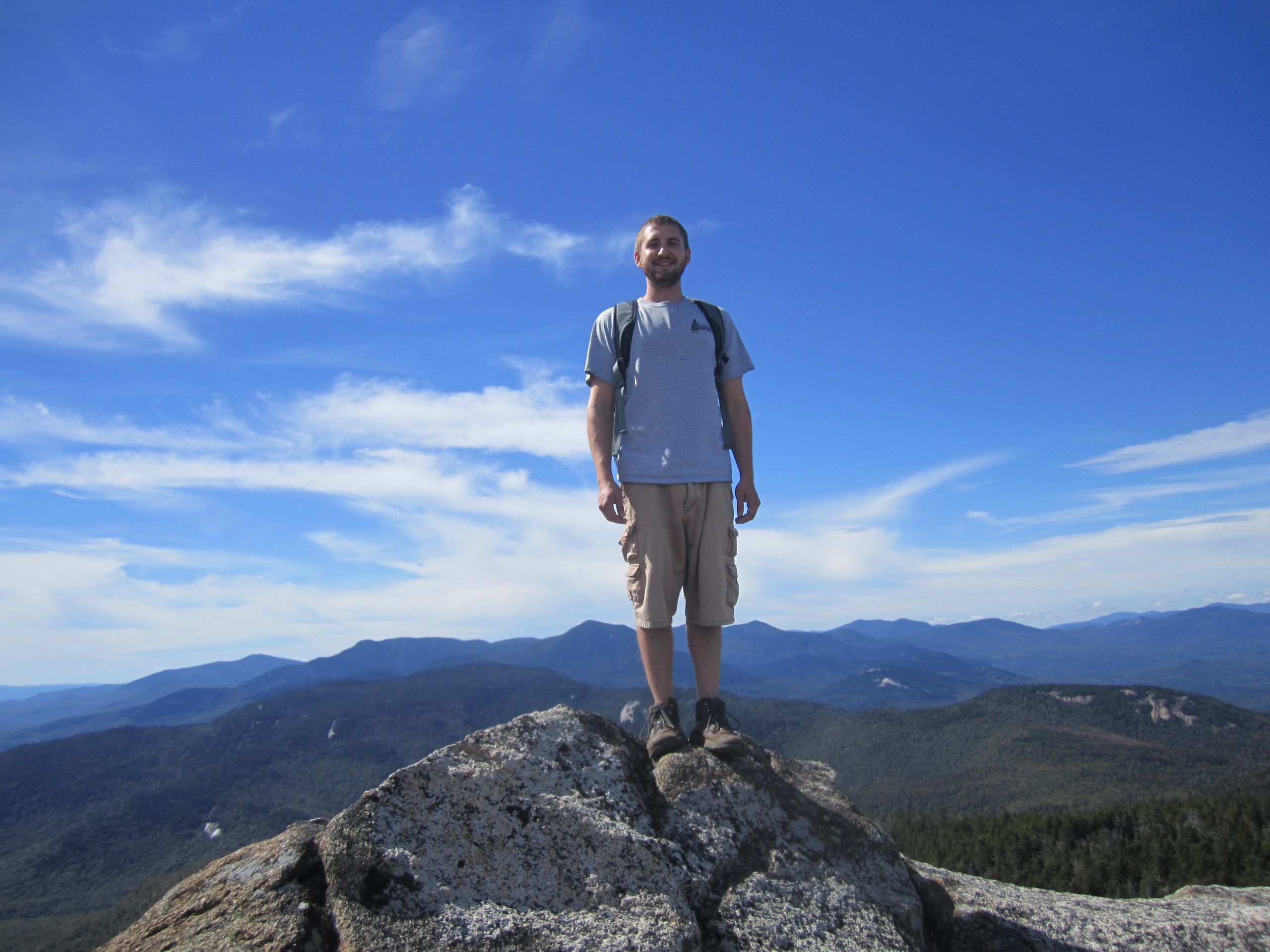
Eric Morrison grew up in Claremont, New Hampshire, which has the peculiar distinction of being NH’s smallest city. Eric earned a B.S. Environmental Conservation with a focus in Conservation Biology from the University of New Hampshire, May 2009. He also holds a M.S. Microbiologyfrom University of New Hampshire. His thesis research was published in Morrison EW, Frey SD, Sadowsky JJ, van Diepen LTA, Thomas WK, Pringle A. 2016. Chronic nitrogen additions fundamentally restructure the soil fungal community in a temperate forest. Fungal Ecology, 23: 48-57. Eric is currently a Ph.D. Candidate in Earth and Environmental Science at the University of New Hampshire, working with Serita Frey.
Eric’s research site is at the Harvard Forest LTER in central Massachusetts, there are two long-term experiments where forest soil was heated 5°C or fertilized with N over the course of ten to twenty years. He used these manipulations to predict how leaf litter decomposition and fungal communities of litter might change in the future. He is also measuring growth and respiration rates and performing whole-genome sequencing of various species of fungi isolated from Harvard Forest to understand how temperature affects the efficiency of fungal growth (i.e. the balance between biomass and CO2 production) and whether there are predictable genomic controls on fungal growth efficiency.
How did you become a mycologist?
It kind of happened by accident. In undergrad my first love was evolutionary biology. I became really interested in microbiology after taking a class in microbial ecology and evolution with Vaughn Cooper (now at the University of Pittsburgh) who, as an alum of Richard Lenski’s lab, is an expert in experimental evolution. At the same time, I knew I wanted to work in a field that could impact the environment in positive ways, and was inspired by some of the PhD students in Serita Frey’s lab at UNH studying how soils and soil microbes regulate and interact with climate. It turns out that fungi are the natural intersection of all these interests – they have amazing biology in their own right, but are also hugely important for regulating ecosystem dynamics, especially in forests.
Who is your mycology role model?
I have to say Anne Pringle. I’ve worked with her throughout my MS and PhD career, and I’m always inspired by her passion for clear, charismatic communication about fungi.
What is your favorite mushroom/fungus, and what do you like about it?
Russula vinacea was something of an obsession for me while I was working on my MS degree. It turns out to have an interesting response to N fertilization, has a visually pleasing dusty wine-purple color, and was a bit tricky to identify because of misidentification/conflation with R. atropurpurea in species descriptions and GenBank.
What is your favorite fact about fungi?
I think my favorite thing about fungi is that there are so many that haven’t been described. It’s daunting to think about the challenges this poses for understanding the ecology and the functioning of communities, but at the same time there is this mysterious world of potential just waiting to be explored.
Do you have any funny or interesting stories about field work?
Rural Massachusetts is a pretty tame place to work so I haven’t experienced any dramatic animal encounters, but I have had some funny human-related interactions during fieldwork. We measure soil C stocks in our lab by coring soil with a gas-powered posthole digger fitted with an auger corer. It’s pretty unwieldy and requires two people to run, but we can often drill through pieces of granite and other obstacles that would otherwise make getting accurate measurements difficult. Several years ago I was working with a research scientist in our lab to sample for a group of visiting scientists. While we ran the auger, three professors laid directly next to the plots we were working in chatting and periodically putting small bits of soil in their mouths to get “soil texture by mouth-feel” measurements! No hard feelings obviously, but it was pretty funny and kind of felt like a soil science-Monty Python skit.
What do you like to do in your free time? What are your hobbies?
In my free time I try to keep up my musical skills by practicing (drums primarily) and listening to music. I also love cooking while listening to political podcasts – to the point where my partner tells me I might have a podcast problem.


Leave a Reply